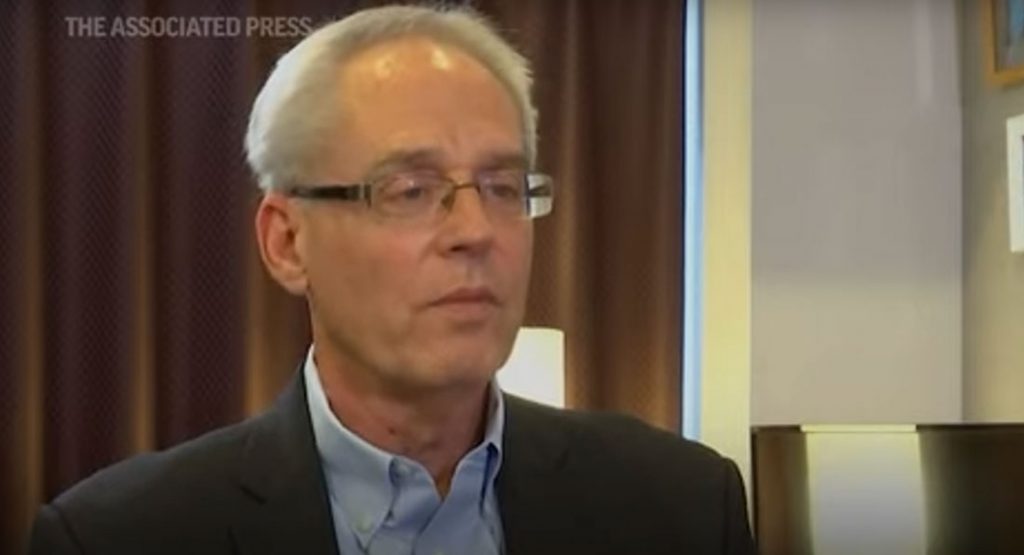Former Nissan executive Greg Kelly has been found guilty of playing a role in helping Carlos Ghosn to allegedly hide more than $80 million in deferred compensation.
The 65-year-old American has been facing prosecution in Japan for more than three years after he was arrested during a business trip to the country in November 2018. He was found guilty by a three-judge panel of violating financial disclosure laws regarding Ghosn’s compensation in one of the eight years under scrutiny between 2010 and 2018.
Kelly was cleared on the majority of other allegations and was handed a six-month suspended sentence by chief judge Kenji Shimotsu, Auto News reports. Shitmotsu rejected the majority of the counts against Kelly, noting that a key witness linking him to alleged postponed compensation was not reliable as they had taken a plea bargain with prosecutors to avoid prosecution.
Shimotsu also issued Nissan with a 200 million yen ($1.73 million) fine for filing falsified securities reports that failed to account for Ghosn’s full compensation.
Read Also: Carlos Ghosn Says Nissan’s EV Plans Are Too Conservative, Lack Vision
Kelly said he was shocked by the court’s decision and will appeal, although the suspended sentence will allow him to return to the U.S.
“I had consistently worked with the best interests of Nissan in mind, and in no case was I involved in any illegal act,” he said. “I am innocent on all counts.”
Prosecutors are also expected to appeal the sentencing decision as they had been seeking a two-year prison term for Kelly.
“We are relieved that the legal process has concluded, and Mr. and Mrs. Kelly can return home,” U.S. Ambassador to Japan, Rahm Emanuel, said in a statement. “While this has been a long three years for the Kelly family, this chapter has come to an end. He and Dee can begin their next chapter in Tennessee.”
Carlos Ghosn responded to the news by stating that Kelly is “obviously an innocent man” and said that he prays “he will be able to overcome this huge emotional, psychological, financial impact inflicted on him by the hostage justice system of Japan.’



